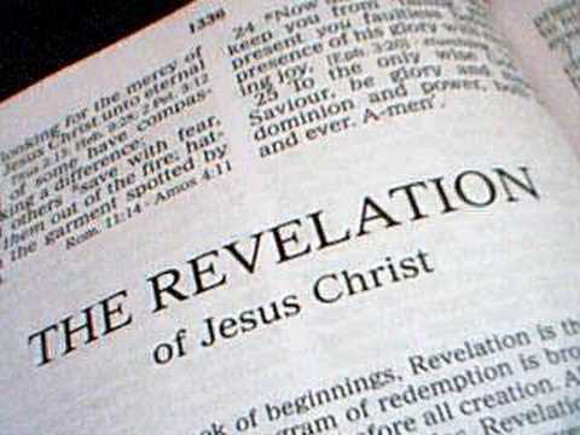
Another reason we should not shrink back from reading The Revelation is that the name itself implies a “revealing.” Spending time in Revelation should lead to a greater understanding of who Jesus is. It should lead to a greater understanding of God’s eternal plan. Reading The Revelation should leave us encouraged, not frightened or confused.
Over the next few posts, I am going to give a few keys to help us unlock this incredible book. You will pick up pretty quickly that I am not talking that much about the end times. That theme is only one of many that are dealt with in Revelation. I can’t promise that I am going to take all of the mystery out of Revelation but I do believe that these keys will help make the book much easier to understand.
1. The Sovereignty of God. In 1:8, Jesus says, “I am the Alpha and the Omega — the beginning and the end,” says the Lord God. “I am the one who is, who always was, and who is still to come, the Almighty One.” Even though the world might look like it is falling apart, even though these are chaotic days that we live in, God’s plan is running right on schedule. Even though there are times when I feel that my life is falling apart, God still has a plan for me.
God is not surprised by anything that is going on in the world. The first thing that John saw in his vision of the eternal realm was a throne. “And instantly I was in the Spirit, and I saw a throne in heaven and someone sitting on it!” (Rev. 4:2) In the first few centuries of the Church’s existence, persecution was a fact of life for the Christians. Caesar’s throne was the one that appeared to hold the power of life and death for these believers.
John’s vision of a heavenly throne reminded him and his readers that God was still the King and Lord, even over Caesar’s throne. This did not make the persecution any more pleasant, but it reminded the Christians that God had not forsaken them. As the book develops, John addresses this idea of persecution and martyrdom in more detail.
To be continued…
If you would like to help us have an impact in Brazil, here is the link. Obrigado! (Thank you!)